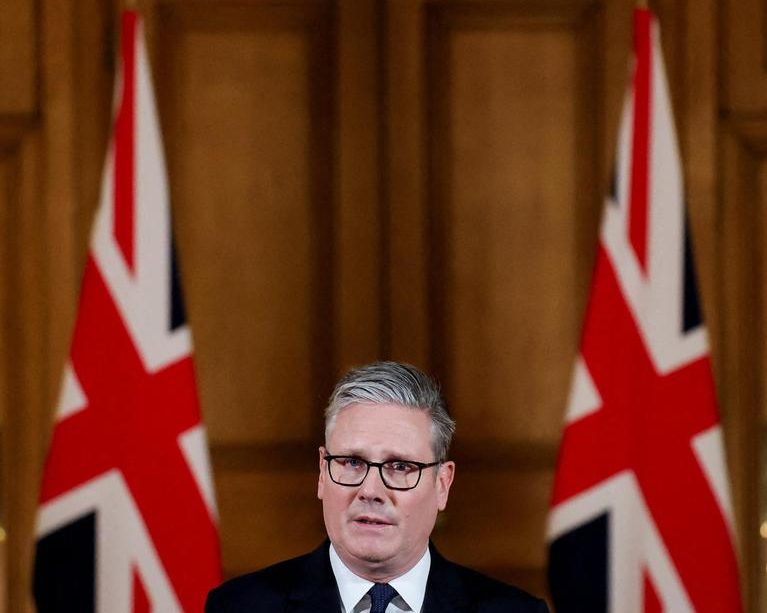Keir Starmer: Leading the Labour Party into a New Era

Introduction
Keir Starmer, the current leader of the UK Labour Party, is a critical figure in the UK political landscape as he navigates the party through a challenging period. His leadership is particularly relevant as the UK faces numerous issues such as the cost of living crisis, the impact of Brexit, and the shifting political dynamics in the region. Understanding Starmer’s approach and policies is crucial for voters and political analysts alike, as they might shape the future of the Labour Party leading up to the next general elections.
Keir Starmer’s Background
Born on September 2, 1962, Keir Starmer has a significant background in law, serving as the Director of Public Prosecutions (DPP) and leading the Crown Prosecution Service (CPS) from 2008 to 2013. His legal expertise and reputation for integrity have shaped his political persona, earning him respect among constituents and political rivals. Starmer was elected as the MP for Holborn and St Pancras in 2015 and became the Labour leader in April 2020, succeeding Jeremy Corbyn after a tumultuous leadership period.
Starmer’s Policies and Vision
Under Starmer’s leadership, the Labour Party is striving to reposition itself as a credible alternative to the Conservative government. He has aimed to distance the party from the controversies of the previous leadership, focusing on rebuilding the party’s public image. His policies reflect a commitment to key issues, including tackling climate change, improving the National Health Service (NHS), advocating for workers’ rights, and addressing inequality. Starmer has emphasized a pragmatic approach, seeking to emulate successful policies that resonate with the electorate.
Recent Developments
As the UK prepares for local elections in 2024, Starmer’s leadership will be tested. Recent polls suggest that the Labour Party is gaining traction, signaling a potential shift in favor of Labour in key regions. Starmer’s strategy of engaging with local communities and addressing their concerns may prove crucial as he attempts to unseat Conservative incumbents. However, challenges persist, including internal party divisions and the need to appeal to a diverse electorate that encompasses both traditional Labour supporters and new voters.
Conclusion
Keir Starmer’s role as the Labour leader is pivotal for the party’s future and the broader political landscape in the UK. His focus on a more centrist approach could either bolster the party’s chances in the upcoming elections or highlight ongoing struggles within the party regarding ideology and unity. As voters look for effective leadership amid various crises, Starmer’s actions and policies will be scrutinized closely. Whether he can consolidate support and lead Labour to success in the next elections remains to be seen, making his leadership an essential topic of discussion in UK politics.









